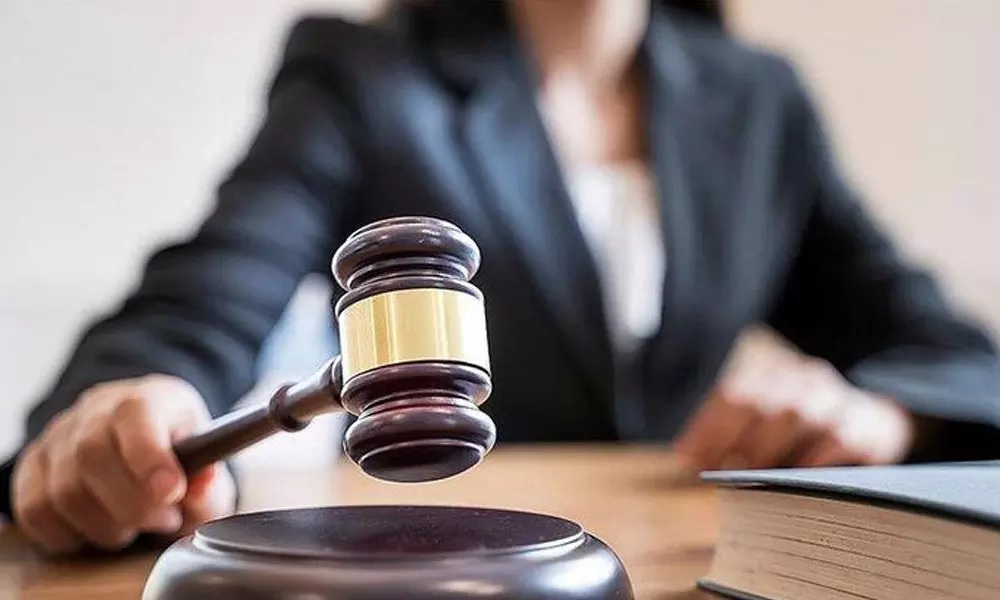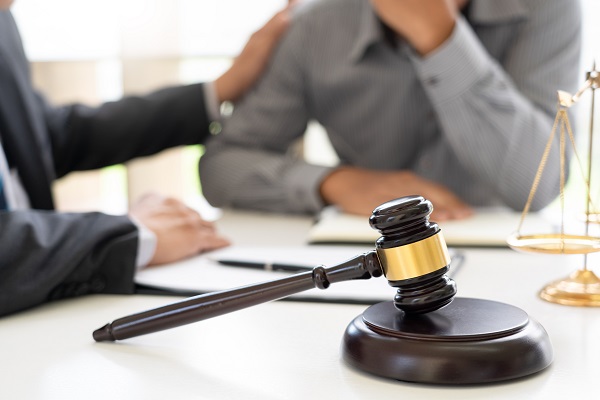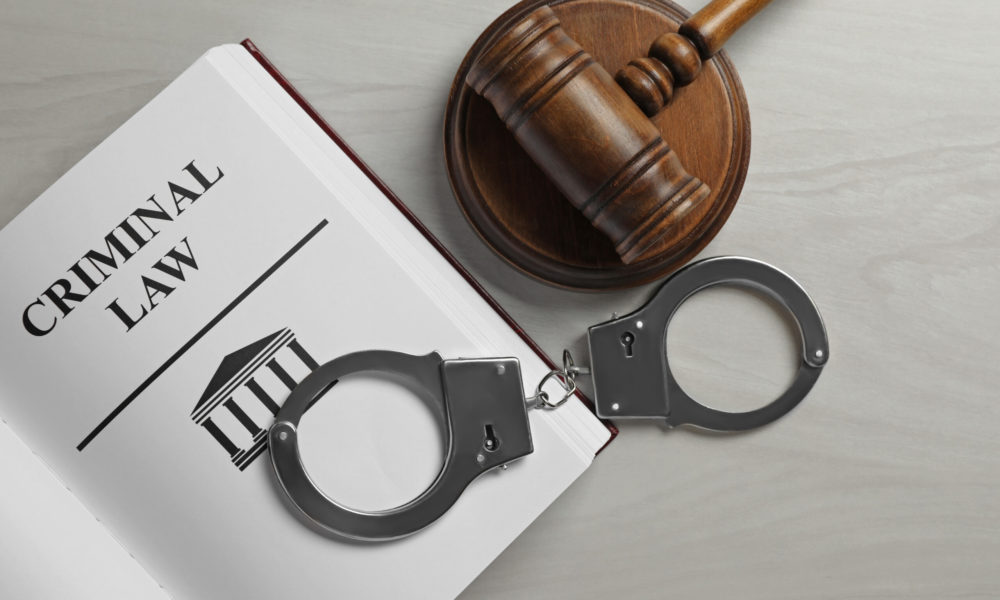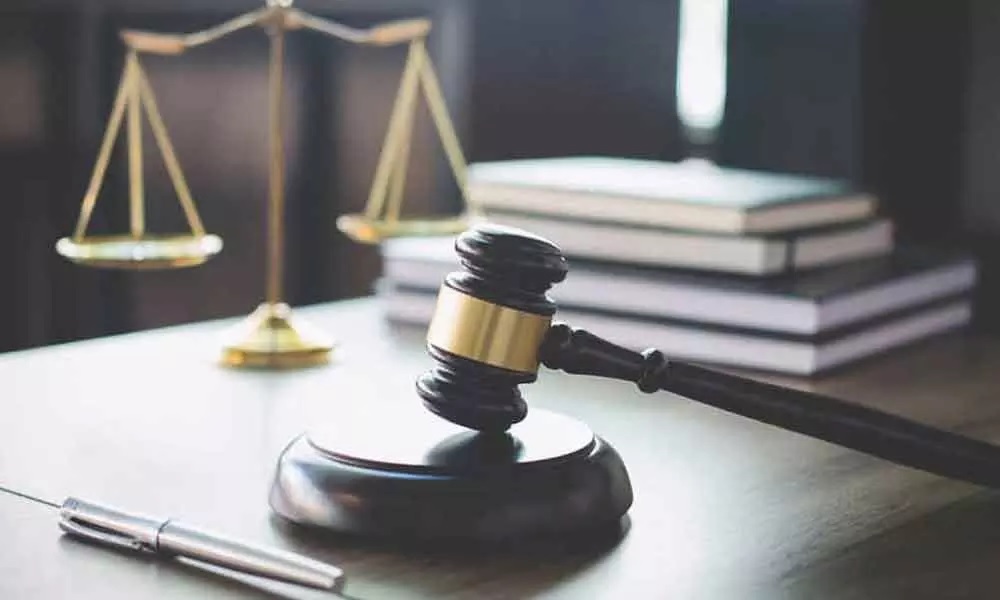Criminal Law and Mental Health Intersection

Criminal law and mental health are two complex areas of study that often overlap. Understanding the intersection between these two fields is crucial for ensuring fair and just outcomes for individuals involved in the criminal justice system who have mental health conditions. In this article, we will explore the connection between criminal law and mental health, the challenges faced by individuals with mental health conditions in the criminal justice system, and the importance of addressing these challenges.
The 
Criminal law and mental health are connected in several ways. First, mental health conditions can impact a person’s ability to understand and comply with legal proceedings. For example, a person with severe depression may struggle to comprehend the charges against them or may be unable to participate in their own defense. Additionally, mental health conditions can impact a person’s behavior, leading to criminal activity. For example, a person with untreated bipolar disorder may experience a manic episode and engage in impulsive and risky behavior that results in criminal charges.
Second, criminal law can have a significant impact on a person’s mental health. Being involved in the criminal justice system can be stressful, traumatic, and stigmatizing. This can exacerbate existing mental health conditions or lead to the development of new ones. For example, a person who experiences post-traumatic stress disorder (PTSD) as a result of being a victim of a crime may struggle to cope with the criminal justice process, leading to further stress and anxiety.
The Challenges Faced by Individuals with Mental Health Conditions in the Criminal Justice System
Individuals with mental health conditions face several challenges when navigating the criminal justice system. One of the most significant challenges is the lack of understanding and awareness among legal professionals about mental health conditions. This can lead to misdiagnosis, inadequate treatment, and inappropriate sentencing.
Another challenge is the stigma associated with mental health conditions. This stigma can lead to discrimination and bias in the criminal justice system, resulting in unfair treatment of individuals with mental health conditions. For example, individuals with mental health conditions are more likely to be incarcerated than receive treatment, despite the fact that treatment is often more effective and less costly than incarceration.
The Importance of Addressing these Challenges
Addressing the challenges faced by individuals with mental health conditions in the criminal justice system is crucial for ensuring fair and just outcomes. One way to address these challenges is through education and awareness. Legal professionals, including judges, lawyers, and law enforcement officers, should receive training on mental health conditions and how they impact the criminal justice system. This can help to ensure that individuals with mental health conditions are diagnosed accurately, receive appropriate treatment, and are treated fairly throughout the criminal justice process.
Another way to address these challenges is through diversion programs. Diversion programs provide individuals with mental health conditions an alternative to incarceration. These programs offer treatment and support services, rather than punishment, for individuals who have committed non-violent offenses. Diversion programs have been shown to be effective in reducing recidivism rates and improving mental health outcomes for individuals with mental health conditions.
Criminal law and mental health are two complex areas of study that intersect in significant ways. Understanding the connection between these two fields is crucial for ensuring fair and just outcomes for individuals with mental health conditions in the criminal justice system. Addressing the challenges faced by these individuals, including the lack of understanding and awareness among legal professionals and the stigma associated with mental health conditions, is essential for promoting a more just and equitable criminal justice system.








